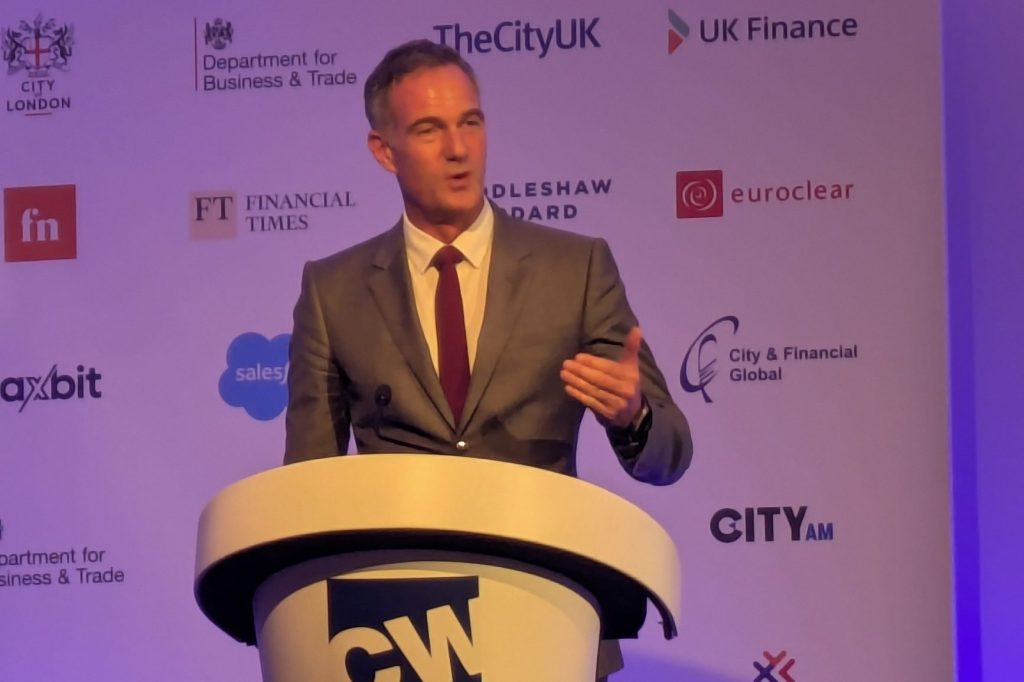Enforcement
The regulator has launched criminal proceedings against Guy Flintham of Blackburn, Lancashire for conducting regulated activity when he was not authorized to do so.
Flintham is alleged to have defrauded 240 investors by making false representations persuading them to invest roughly £19m ($25m) in an investment scheme he operated. He was not authorized to accept deposits.
Appearing at Westminster Magistrates’ Court on January 22, Flintham entered a plea of Not Guilty to the offence of carrying on a regulated activity without authorization, but did not indicate a plea in respect of the fraud allegation.
A court hearing has been scheduled for February 19. Fraud by false representation contravenes section 1 of the Fraud Act 2006 and is punishable by a fine and/or up to 10 years in prison.
Fraud Act 2006
Rules and consultations
FCA rules banning referral fees for debt packagers will stand after the administrative Court turned down an attempt by Promethean Finance Limited to bring a judicial review of the decision.
The FCA says the ban “removed a strong incentive for debt packagers to offer advice which does not have regard to the best interests of the customer or is not appropriate to the individual circumstances of the customer”.
Speeches and media
“Are we at a global inflection point now requiring a fundamentally different regulatory mindset?” That question was central to a speech given by FCA chief executive Nikhil Rathi at the Imperial College London Business School.
Much of the speech was spent considering the balance between using newly-emerging technologies to protect consumers and making sure innovation and opportunity were fully embraced.
Rathi said that: “A wider debate between policymakers, industry and consumers is needed about what we are willing to risk in search of innovation and better products and services – and we must be honest that we cannot mitigate all risk that arises from rapid adoption of new technologies.”
He also said: “Big data must not be the preserve of Big Tech”, going on the explain his view that: “A digital identity authentication system and a commitment to Open Data could boost productivity and consumer confidence in how their data is used.”
And he urged the financial services sector to use technology to boost financial inclusion, or risk facing a backlash.















